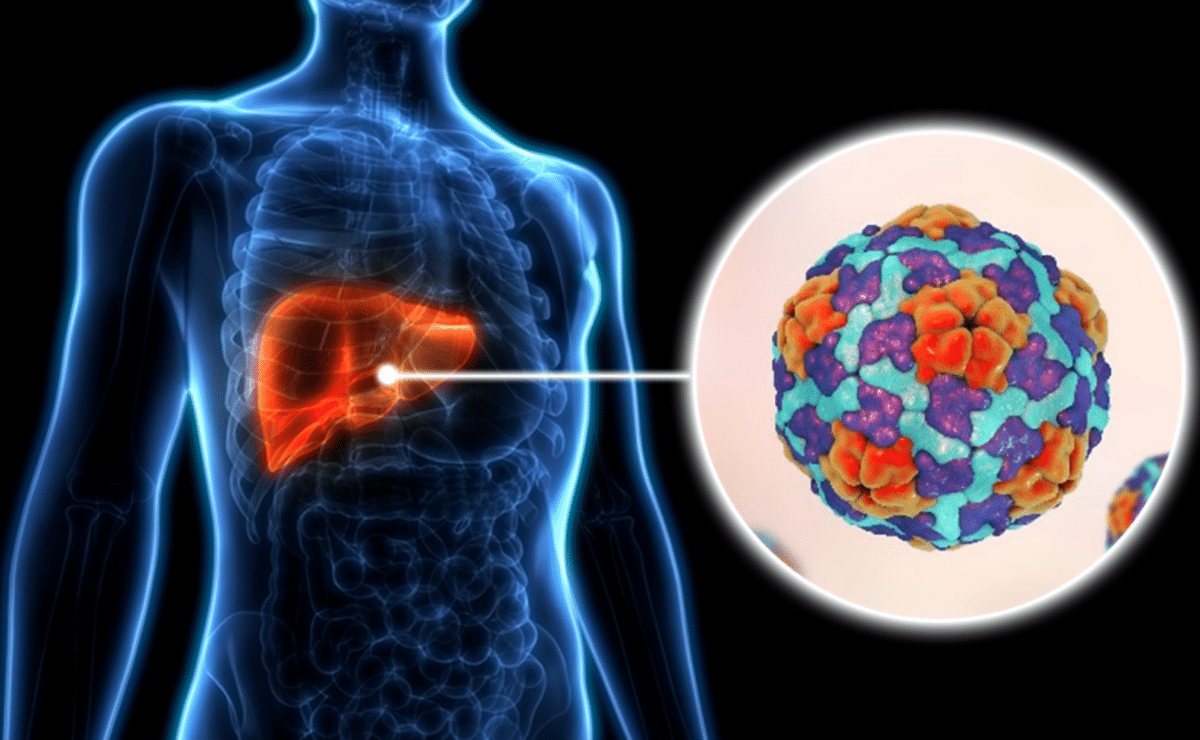Hepatitis A outbreak declared in Los Angeles County

Photo from CDC website
LOS ANGELES – The Los Angeles County Department of Public Health declared Tuesday a community-wide outbreak of hepatitis A, citing a sustained rise in cases and elevated virus levels in wastewater.
Though the risk to the general public remains low, county officials urged residents to take action and reduce spread of the virus.
Los Angeles County Health Officer Muntu Davis said residents can receive a vaccine — typically a two-dose vaccine — that is safe and highly effective in preventing infection.
“The ongoing increase in hepatitis A cases signals that quick action is needed to protect public health,” Davis said in a statement. “Getting vaccinated is simple, and it’s one of the most important things you can do for your own health and the health of our entire community. It is also important for residents to wash their hands with soap and water regularly and especially before eating and preparing food and after using the bathroom.”
You may like: Oropouche virus: The next big public health scare
County officials continue to monitor and investigate suspect cases.
The department said it is working with homeless service providers to inform unhoused people about the outbreak, and assist those with symptoms.
The department has confirmed 29 hepatitis A cases in the first five months of 2025. Last year, county officials reported 165 cases — triple the number of cases in 2023.
Public Health officials noted that although unhoused individuals face a higher risk of hepatitis A due to limited access to handwashing and restrooms, most of the 29 reported cases have involved people without travel or housing-related risk factors.
During a news conference via Zoom, Sharon Balter, Director Division of Communicable Disease Control and Prevention, said the county has a new way of disease surveillance by monitoring wastewater. County officials observed a decline in hepatitis A cases in 2024, suggesting the outbreak was getting better since the beginning of 2025, but that has changed.
In 1999, the county introduced a universal hepatitis A vaccine, though it wasn’t mandated for school entry. The shot was recommended for anyone born after that year.
“This does mean that there’s a large cohort of adults who may not have been vaccinated because they were born afterwards,” Balter said. “Some people may not have received the vaccine when they were younger.”
According to Prabhu Gounder, a DPH medical director, they have not pinpointed the exact cause of the outbreak.
He noted that most people under the age of 25 should be vaccinated and older adults were mostly immune as a result of recurrent epidemics that would happen before the vaccine.
“We have this upper population, which is partly what could be contributing to this increase we see now,” Gounder added.
Balter said there have been outbreaks of this magnitude in the past, but not in the last seven years. In 2017, San Diego experienced a significant hepatitis A outbreak, which resulted in 592 cases and 20 deaths, according to San Diego County. The outbreak ended on Jan. 23, 2018.
“We were lucky,” Balter said. “Part of that reason, although probably not the only reason, was that we were able to mobilize a tremendous number of resources, nurses and others to go out into the streets.” DPH has mobilized once more for this outbreak. Balter added that they felt it was important to spread awareness about the available hepatitis vaccine.
The department strongly urged L.A. County residents who haven’t been vaccinated, along with unhoused individuals and people who use drugs — including non-injection — to get the hepatitis A vaccine. Additionally, people can receive the vaccine soon after exposure to protect against developing the infection.
A list of sites offering hepatitis A vaccinations can be found here.
Uninsured or underinsured residents can get vaccinated at county Public Health clinics.
Hepatitis A is a highly contagious liver infection caused by the hepatitis A virus. It can range from a mild illness lasting a few weeks to a severe illness lasting several months. Symptoms of hepatitis A include fever, weakness, fatigue, nausea, loss of appetite, jaundice (yellowing of the skin or eyes), stomach pain, vomiting, dark urine, pale stools and diarrhea.
Although rare, hepatitis A can cause death in some people.
Hepatitis A usually spreads when a person unknowingly ingests the virus from objects, food or drinks contaminated by small, undetected amounts of stool from an infected person.
For questions or help finding a nearby clinic or doctor, residents can also call the Public Health InfoLine at 1-833 540-0473, available daily from 8 a.m. to 8 p.m. (CNS)







